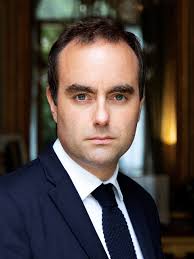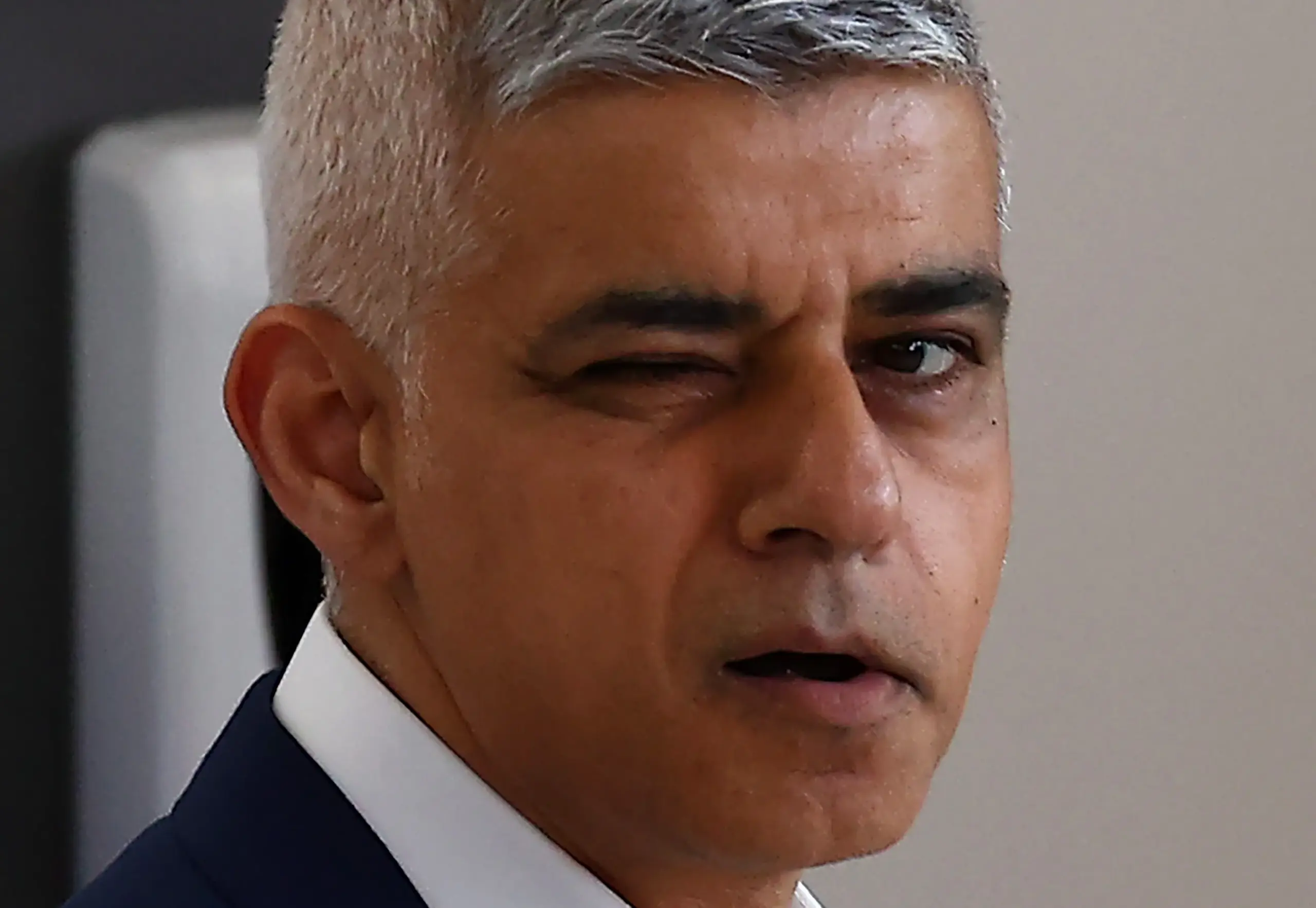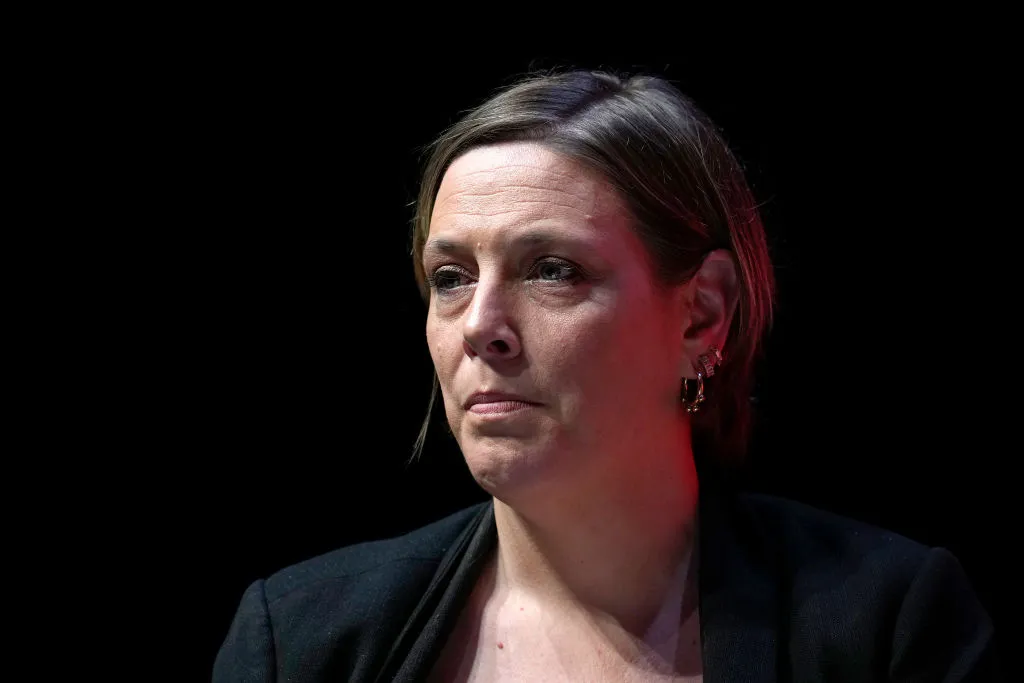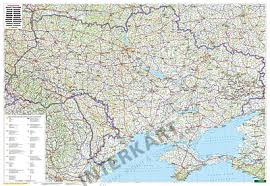Sebastien Lecornu: Insights into France’s Minister of the Armed Forces

Introduction
In recent months, Sebastien Lecornu has emerged as a key figure in French politics, particularly in his role as the Minister of the Armed Forces. With the global landscape changing and security challenges on the rise, Lecornu’s responsibilities have taken on heightened importance. His initiatives in defence policy are crucial not only for France but also for the stability of Europe.
Current Developments
Recently, Lecornu has been at the forefront of various discussions concerning military spending and modernisation of the French armed forces. Amid increasing tensions in Europe, particularly surrounding the Ukraine conflict and military activities from Russia, France has been under scrutiny regarding its readiness and capabilities. As part of President Macron’s government, Lecornu has advocated for a robust budget that supports the strengthening of defence mechanisms.
In a recent announcement, Lecornu unveiled a strategic plan aimed at increasing the defence budget to 2% of the Gross Domestic Product (GDP) by 2025. This ambitious financial commitment is intended to enhance military capabilities including cyber warfare preparedness, intelligence operations, and updating ageing equipment. It marks a significant shift in France’s defence policy, especially after a long period of constraints on military spending.
Moreover, Lecornu has been instrumental in enhancing international military cooperation. He recently attended the NATO summit, where he emphasised the importance of united front against threats to European security. Lecornu’s close collaboration with NATO allies indicates France’s commitment to collective defence and strategic partnerships.
Challenges Ahead
While the initiatives proposed by Lecornu appear promising, they are not without challenges. France faces internal debates regarding increased military spending, with some politicians and citizens concerned about a potential overemphasis on military rather than social issues. Lecornu will need to balance these perspectives as he navigates budget approvals and resource allocation.
Conclusion
Sebastien Lecornu’s role as Minister of the Armed Forces places him at a critical juncture in French and European politics. His efforts to modernise military strategies and strengthen alliances underscore the challenges of contemporary geopolitical dynamics. As France moves towards 2025, the implementation of Lecornu’s policies could significantly shape the future of the country’s defence landscape, influencing not only France but potentially the broader European scenario.
You may also like

The Leadership of Sadiq Khan in London

Jess Phillips: Championing Women’s Rights in Modern Politics
